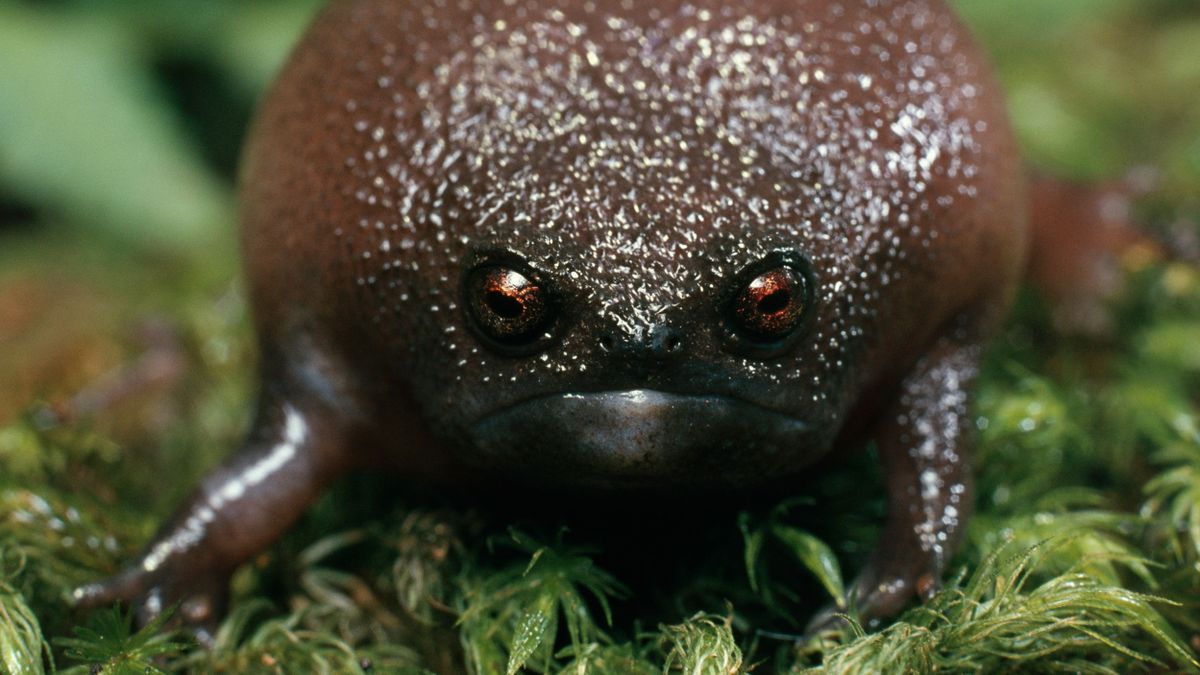Discover Rare Rain Frog for Sale: Boost Your Amphibian Collection Today!
Discover Rare Rain Frog for Sale: Boost Your Amphibian Collection Today!
Blog Article
Common Wellness Issues in Reptiles: Signs And Symptoms and Solutions
In the elaborate world of reptile care, recognizing the usual wellness problems that may impact these distinct creatures is vital in ensuring their well-being. From respiratory infections that can calmly hold to metabolic bone conditions that can disable, reptiles are prone to a variety of conditions that require eager monitoring and prompt intervention. Whether it's facing parasitic infestations, browsing dehydration worries, or addressing skin disorders that show up in subtle means, being in harmony with the signs and geared up with the expertise of efficient services is important for any kind of reptile proprietor. By diving further into the nuances of these wellness problems and exploring the practical treatments available, one can secure the health and wellness and vigor of these fascinating animals.
Respiratory System Infections
Breathing infections in reptiles can substantially impact their overall wellness and require timely focus from experienced vets. In reptiles, breathing infections can be particularly challenging to diagnose and treat due to their distinct anatomy and physiology.
Therapy for respiratory infections in reptiles normally involves a mix of supportive treatment, such as preserving appropriate humidity degrees and temperature slopes in the room, along with targeted medicine to deal with the details microorganism in charge of the infection. It is essential for reptile proprietors to monitor their family pets closely for any signs of breathing distress and look for veterinary treatment at the earliest indication of an issue. With timely treatment and proper treatment, numerous reptiles can recover fully from respiratory infections and return to regular activities.

Metabolic Bone Illness
What factors add to the growth of Metabolic Bone Condition in reptiles?
Metabolic Bone Condition (MBD) in reptiles is mainly created by an absence of correct calcium, phosphorus, and vitamin D3 degrees in their diet. Additionally, poor exposure to UVB light avoids reptiles from synthesizing vitamin D3, which is important for calcium absorption and bone wellness.
Inadequate moisture levels can additionally affect a reptile's capability to metabolize calcium efficiently. Regular veterinary exams, correct husbandry methods, and a balanced diet regimen are vital to avoid Metabolic Bone Disease in reptiles.
Parasitical Infestations
Parasitical invasions posture a considerable health danger to reptiles, affecting their total well-being and requiring prompt vet focus. Reptiles can be impacted by numerous parasites, consisting of termites, ticks, inner worms, and protozoa. These bloodsuckers can cause a variety of symptoms, such as weight reduction, lethargy, skin irritability, diarrhea, and even fatality if left untreated.
One usual parasite discovered in reptiles is the mite, which can cause skin anemia, stress and anxiety, and irritability. Ticks are one more exterior bloodsucker that can cause and transfer conditions discomfort to the reptile. Internal parasites like worms and protozoa can result in digestive problems, poor nutrition, and deteriorate the reptile's body immune system.
To diagnose a parasitic infestation, a veterinarian might execute fecal tests, skin scrapings, or blood tests. Therapy often involves deworming medications, antiparasitic bathrooms, or in extreme instances, a hospital stay. Preventative steps such as routine veterinary check-ups, proper health, and quarantine treatments for new reptiles can aid decrease the risk of parasitical problems and make sure the wellness of reptile pets.
Dehydration and Hydration Issues
Dehydration in reptiles can considerably impact their health and wellness and well-being, requiring timely intervention and ideal hydration monitoring. Reptiles are susceptible to dehydration due to different aspects such as insufficient water intake, high environmental temperature levels, and specific health and wellness problems. Signs of dehydration in reptiles include sunken eyes, sleepiness, loss of skin flexibility, and reduced peeing. click over here If left unattended, dehydration can cause major health concerns and also be deadly to the reptile.
To stop dehydration, reptile owners need to make sure that their pets have accessibility to tidy water whatsoever times. The water dish must be large enough for the reptile to take in if required, especially for types that soak up water with their skin. In addition, maintaining appropriate moisture levels in the reptile's room and supplying regular baths can help stop dehydration.
In instances of dehydration, it is crucial to look for vet treatment quickly. A vet may administer fluids either by mouth or through injections to rehydrate the reptile. It is necessary to resolve the underlying source of dehydration to stop reoccurrence and make certain the reptile's overall health.
Skin Disorders

Final Thought

Respiratory system infections in reptiles can substantially affect their you could check here total health and wellness and require prompt interest from experienced vets (rain frog for sale). Preventative steps such as regular veterinary examinations, proper hygiene, and quarantine treatments for new reptiles can aid reduce the risk of parasitical invasions and make certain the wellness of reptile pets
If left untreated, dehydration can lead to significant health and wellness issues and also be fatal to the reptile.
Frequently inspecting your reptile for any kind of changes in skin shade, look, or appearance can help in very early discovery and therapy of skin disorders, promoting the overall wellness and health of your scaly buddy. - rain frog for sale
In verdict, reptiles are vulnerable to different wellness concerns such as respiratory infections, metabolic bone condition, parasitic infestations, dehydration, and skin conditions.
Report this page